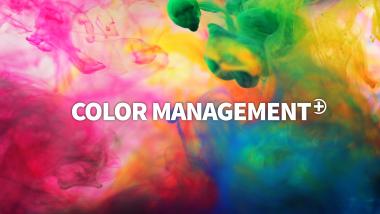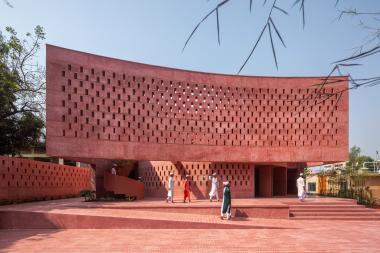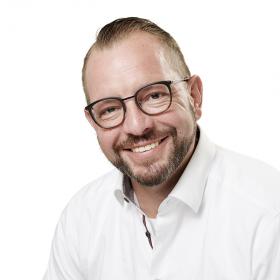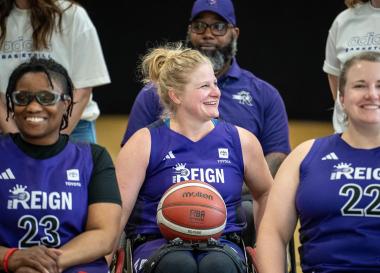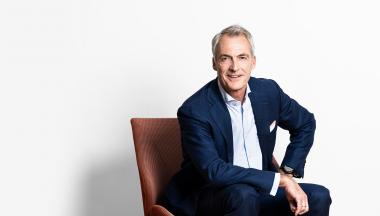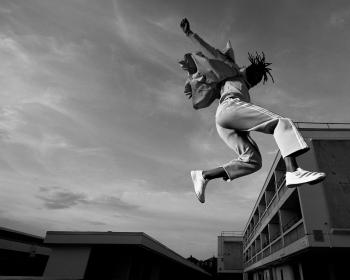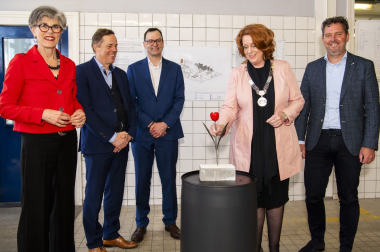Indorama Ventures: $200 million loan to drive sustainability program
Indorama Ventures secured a new 7-year loan totaling $200 million from the International Finance Corporation (IFC) to help fund the continued growth of the company’s strategic sustainability programs in India, Thailand and Indonesia, and promote a circular economy as the world’s leading PET recycler.
The loan from the IFC, which is a member of the World Bank Group focused on private sector development in emerging markets, provides a long tenor and flexibility to convert into a sustainability-linked facility based on mutually agreed sustainability targets in the future. The funds will be used to finance sustainability initiatives that bolster Indorama Ventures’ leading strategic footprint in PET recycling. These also include enhancing efficiency at the company’s existing recycling facilities at Nakhon Pathom and Rayong in Thailand, launching a state-of-the-art plant in Karawang in Indonesia, and establishing new recycling plants in India. Additionally, the financing will reimburse costs incurred in 2023 and 2024 for sustainability projects.
Indorama Ventures Limited












